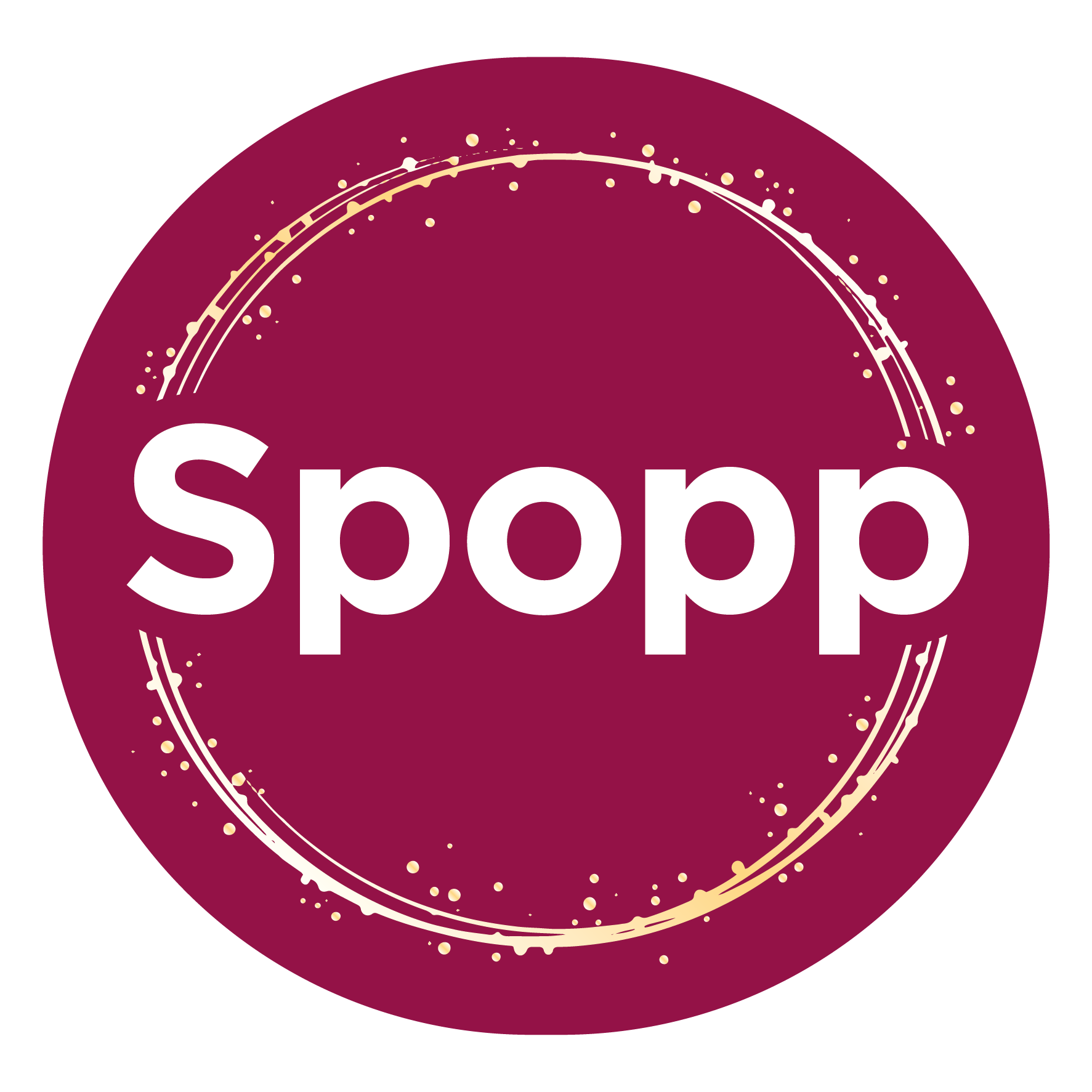During the Christmas holidays, companies usually offer gifts to their customers. We at Spopp can issue a gift voucher or the classic basket of wine products , as regards the tax regime, read the legislation below and the main differences from representation expenses
With regard to the possibility of fully deducting these costs from tax income, it is necessary to verify whether or not the gifts are part of the business activity.
In particular, in terms of direct taxes, the costs incurred for the purchase of goods, to be transferred free of charge to third parties, not produced and/or exchanged by the company, are considered:
fully deductible from income during the support period, if the unit value is less than 50 euros, pursuant to article 108, paragraph 2, TUIR;
deductible within the maximum limit obtained by applying the percentages envisaged according to the volume of revenues to the revenues from ordinary operations, pursuant to article 108, paragraph 2, TUIR and article 1, paragraph 2, Ministerial Decree 11.19.2008, if of unitary value more than 50 euros.
For VAT purposes, the amounts are considered, pursuant to article 19-bis.1, lett. h), Presidential Decree 633/1972:
fully deductible, if the unit value does not exceed 50 euros;
totally non-deductible, if the unit cost exceeds 50 euros.
As regards the definition of "unit value", both with reference to direct taxes and VAT, it should be noted that, according to what is specified in circular letter 34/E/2009, par. 5.4, the cost of individual goods must not be understood, but the gift as a whole must be considered.
In essence, therefore, for the classic case of the Christmas basket, made up of various goods whose unit value of the single pieces is not higher than 50 euros each, but overall, the package exceeds the aforementioned value, the expense is not entirely deductible and, consequently, it must be classified as an entertainment expense.
However, the deduction remains integral if the same customer is given several single goods (or several single packages) of a value not exceeding 50 euros (for example two baskets of 40 euros each).
On the other hand, in terms of direct taxes, the costs incurred for the goods, to be transferred free of charge to third parties, produced and/or exchanged by the company, are considered according to the market value and the production cost.
Particularly:
it is necessary to identify the market value of the gift, in order to evaluate the amount of the expense to be subjected to the deductibility test. If the market value is higher than 50 euros, it is an entertainment expense, otherwise it is a fully deductible cost;
subsequently it is necessary to identify the production cost actually incurred by the company, which represents the amount actually deductible in the balance sheet.
With regard to VAT, it is always deductible, since the provision of objective non-deductibility pursuant to article 19-bis.1, lett. h), Presidential Decree 633/1972.
In relation then to the possible reimbursement of VAT on the subsequent free transfer, article 18, paragraph 3, Presidential Decree 633/1972, establishes that the same is not mandatory for the free transfers referred to in article 2, paragraph 2, no. . 4), Presidential Decree 633/1972.
To this end, if the VAT is not charged in return, the operation can be certified:
by issuing a self-invoice indicating the purchase price of the goods, the applicable rate and the related tax, also specifying that it is a "self-invoice for gifts". The self-invoice, which must be entered in the VAT register of sales pursuant to article 23 of Presidential Decree 633/1972, can be issued individually for each transfer, or monthly for all transfers made during the month; alternatively, noting, in a special "register of gifts" kept in accordance with article 39 of Presidential Decree 633/1972, the global amount of the purchase prices of the goods sold free of charge, referring to the sales carried out each day, broken down by rate .
In the hypothesis of VAT reimbursement, on the other hand, it is necessary to issue a regular invoice to the customer, specifying that it is a free transfer.
Finally, it should be remembered that the VAT not charged in compensation is non-deductible for income tax purposes.
